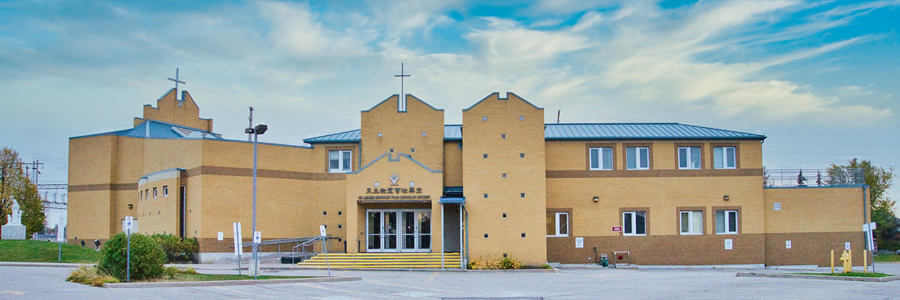- Home
- 우리들의 공동체
- 우리들의 신앙
- 성무 활동
- 본당 생활
- 게시판
- 연락처
- Search

Spiritual Corner -- Pray Often and With a Fervent Heart
We must always long for a blessed life to the Lord God and pray often. However, our longings are often diluted by worldly things or worries, so we should always restrain our minds and pray regularly. By prayer we remind ourselves of the object of our desire, so that our fervent desire, kindled by prayer, will not slowly cool down or become completely extinguished.
Therefore when St. Paul says, “Make your requests known to God”, he does not mean to make our request known to God, for He knows them before we ask them; request, but not to boast about our prayers before others.
That being the case, it is not wrong or unprofitable to pray for long periods of time when we have opportunity or leisure, that is, if prayer does not prevent us from doing other good or necessary works. Because even when we do good deeds, or perform our duties, we should always have the desire to pray, as I said. In fact, long-term prayer is not like endless prayer as some people think. Chatty speech is one thing, prolonged fervent prayer another. Because the Bible records that our Lord prayed all night and for a long time. Doesn’t this set an example for us? While on earth he prayed at the appropriate times, and now with God the Father he hears our prayers.
It is said that the hermits in the wilderness of Egypt prayed often; but their prayers were brief and quick as arrows, lest long prayers should slacken or distract them from the attention which was most needed for anyone who prayed. It follows from this: If a person cannot pray for a long time, do not force it; if you can, do not stop quickly.
You should not talk too much when praying, but if you can maintain your fervent attention, pray deeply. Talking too much while praying means using unnecessary words to talk about an important matter. Deep prayer means that we pray to God at his door with a persistent and devout knock in our hearts. Many times such prayers are better spoken than talked. ”He has laid our tears before Him, and our lamentations cannot be hidden from Him.” He has created all things through the Holy Word and does not need human words.
Yours,
Fr. John Wang
<Excerpt from Bishop St. Augustine’s Letter to Praua>
